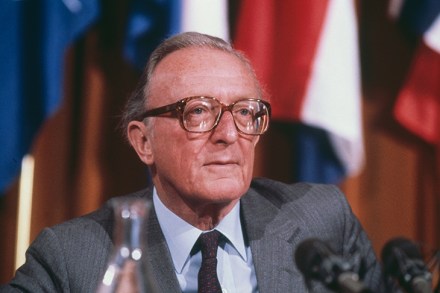A class act
‘I’m sorry to bother you, Peter, but you were a famously successful Leader of Their Lordships and I wondered whether you had any tips before I took it on.’ ‘All you’ve got to remember is that you are the headmaster of a second-rate public school.’ Lord Carrington’s answer to my enquiry was entirely characteristic: funny,



